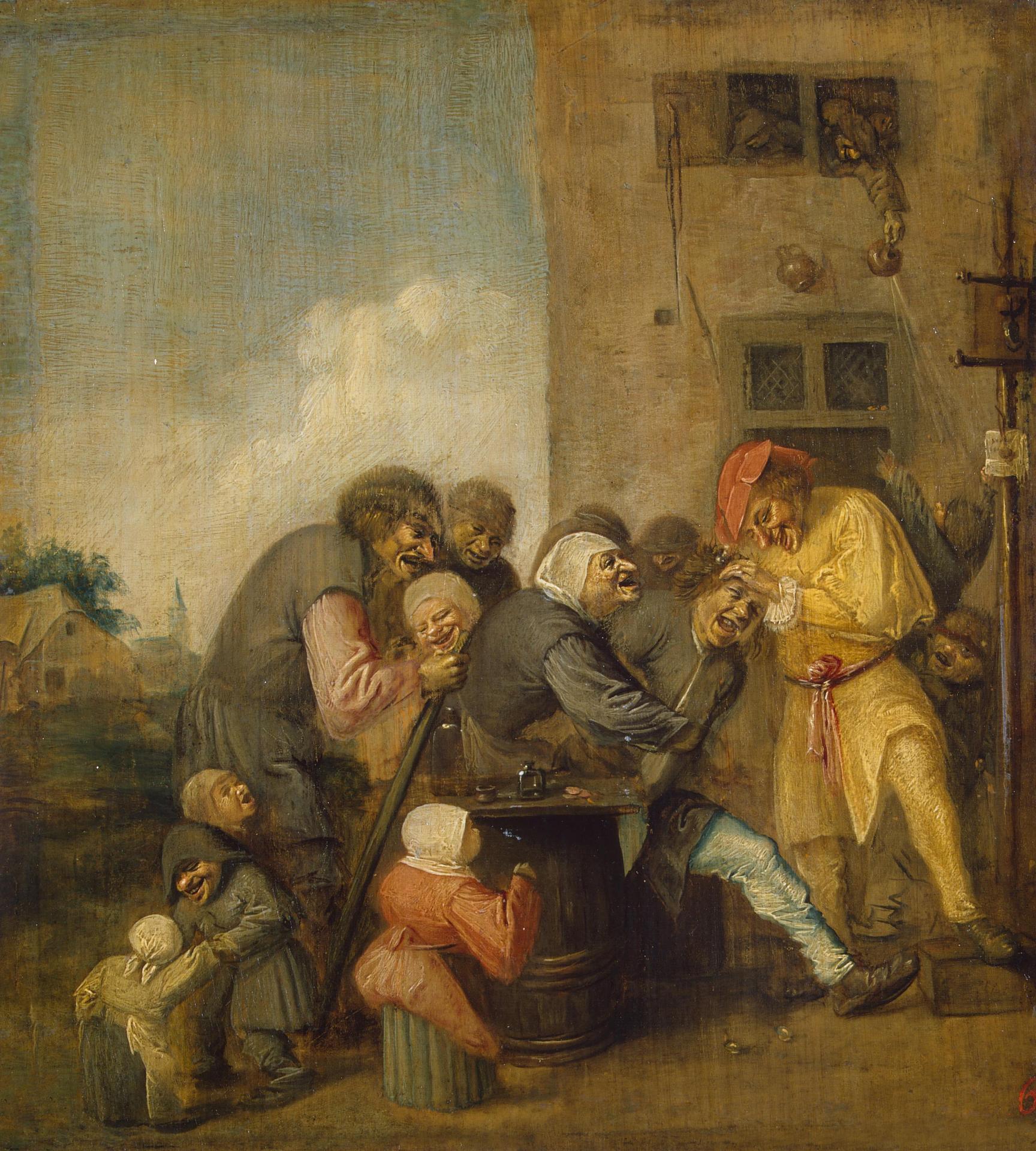Anti-poverty schemes are charlatanry
Ravi Shanker Kapoor | August 29, 2016 11:32 pm

Prime Minister Narendra Modi has asked the Chief Ministers of Bharatiya Janata Party-ruled states to chalk out an agenda for poverty alleviation. While his emphasis on efficiency is good, he should not allow anti-poverty schemes to become the pivot of statecraft—something, that happened when the Congress-led United Progressive Alliance (UPA) was in office. This played a major part in its decline. Modi should learn from the mistakes of the Congress (even though Sonia Gandhi and her son refuse to learn any).
Some of the points made by the Prime Minister may be useful for the Chief Ministers. He wants BJP-ruled states to become role models for other states. Addressing a meeting of BJP CMs and party office-bearers, he said that states should ponder over the interlinking of Aadhar-related welfare programmes so that the benefits could be maximized and delivery facilitated. A committee of Chief Ministers of BJP-ruled states has been constituted for the purpose. It comprises Madhya Pradesh Chief Minister Shivraj Singh Chauhan, Jharkhand Chief Minister Raghubar Das, Maharashtra Chief Minister Devendra Fadnavis, and BJP vice-president Vinay Sahasrabuddhe. “There are some schemes that are only applicable to one state, others that are replicable. This committee will go through all that and come up with a poverty alleviation agenda that will be implemented in BJP-ruled states,” said Chauhan.
As for the focus areas of the government, Sahasrabuddhe informed the media after the day-long event, “Mr. Modi spoke of six areas where the government was keen to see rapid transformation take place—poverty alleviation, rural development, women’s empowerment, employment of youth, good governance, and Swachchh Bharat.”
While Modi’s keenness or sincerity to transform the country is beyond doubt, there is scarcely anything that tells us any perceptible change in the above-mentioned six, or any other, areas. For instance, around 2 lakh jobs were created in 2016, whereas the Atal Bihari Vajpayee government generated 6 crore jobs in six years. Swachchh Bharat is visible only in sarkari ads and jamborees. There is no mitigation in rural distress. One can go on and on. The point is that little has changed on the ground since Modi assumed office in May 2014, for he is still wedded to the Nehruvian Consensus, notwithstanding the rhetoric and the tokenism to prove the contrary.
And now a new danger is on the horizon: the government’s propensity to lay special emphasis on the removal of poverty. On the face of it, the criticism of the government on this issue is an ‘elitist,’ anti-poor position. How on earth the money spent on anti-poverty schemes can be called dangerous? I would like to offer the analogy of belly bulge in this context.
Many of us get bothered about the paunch that we acquire because of improper diet, sedentary habits, and lack of exercise. The way out, as any gym trainer would tell you, is a complete change in lifestyle. The guidelines are familiar: cutting down fried and junk food, avoiding alcohol, light dinner, regular exercise, abdominal crunches, etc. The regimen is tough, painstaking, and slow, but that is how it is: you can’t have the lifestyle of a glutton and the physique of a model.
There are innumerable companies, though, that offer ‘miracle’ cures to obesity. They claim to have found ‘unique’ drugs—herbal, Ayurvedic—that would keep you in shape without any exertion. Charlatans all of them.
Poverty alleviation schemes are like the pills that claim to give you a flat tummy. The desired results never follow, but the side effects are aplenty. Unsurprisingly, there are countless reports and anecdotes about the corruption arising out of anti-poverty programmes; over the decades, lakhs of crores of rupees have been spent on such programmes, with little benefit to the poor. The reason is not difficult to find: as in the human body, beneficial changes in body-politic too happen in entirety, not partially.
No employment guarantee scheme can help the poor: if there are no roads and transportation for them to sell their goods and services; if bad law-and-order situation or activists have driven away big companies from the area on one pretext or the other (thus denying the locals an opportunity to become part of the organized sector); if the local authorities are oppressive and exploitative (as they often are); if the traditional artisans and craftsmen are unable to sell their produce because of the lack of marketing. In short, what perpetuates poverty is not the lack or inadequacies of anti-poverty schemes but the inability of government to do its basic duties. Thus, what the Modi government should be focusing on are: proper administration and law and order, infrastructure development, making the business environment conducive for the private sector; it should be a catalyst rather than a player.
It is politically impossible to scrap the supposedly poverty alleviation programmes like the NREGS but Modi should take his focus away from them and concentrate on general improvement, on governance. That would be the real cure for poverty.
Picture: The Village Charlatan (The Operation for Stone in the Head)’ by Adriaen Brouwer
Period: 1620s































